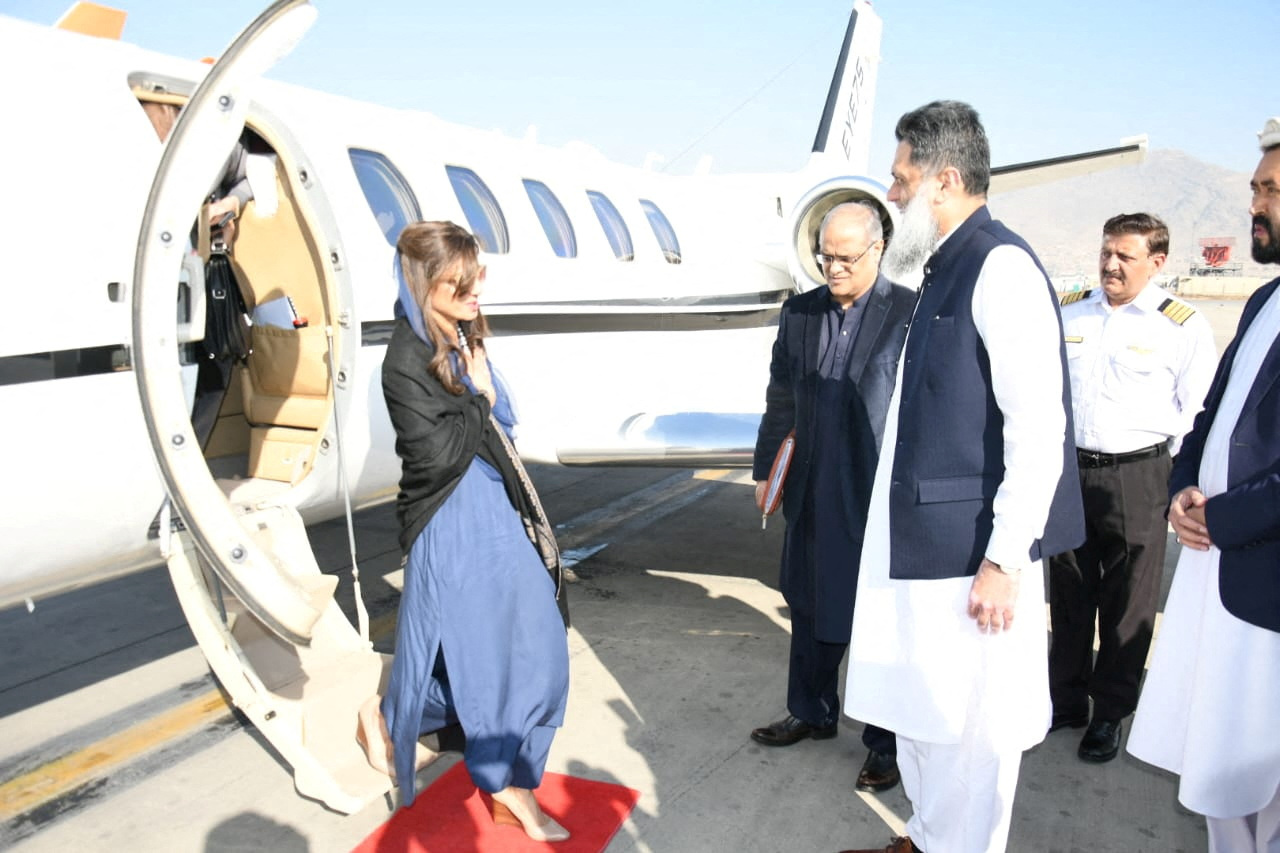H.E Adam M. Tugio, Ambassador of Indonesia, highlighted the importance of accelerating cooperation efforts among OIC nations for the development of Traditional Herbal Medicine (THM) in light of the growing popularity of natural remedy methods and worldwide awareness to conserve the environment for a ‘Greener Future’ on Monday.
The Ambassador said that THM offer tremendous economic opportunities and innovation for the OIC countries since more than 80% of people in developing countries and roughly 10% to 50% of people living in developed countries have faith in the efficacy of traditional herbal medicines. The Ambassador was speaking to attendees of the International Seminar on Herbal and Traditional Medicine, which was organised by the Embassy of Indonesia in Islamabad and COMSTECH Islamabad.
The market for herbal medicines (THM) generated US$ 171.62 billion in sales in 2021, and it is anticipated to reach $190.4 billion in value by 2027. Due to strong herbal output, the East Asian market alone is expected to increase at a 9.5% rate. According to Ambassador Adam, during the height of Arab-Islamic civilization, the use of classical Greco-Arab and Islamic medicine was quite widespread among Muslim nations. According to Prof. Dr M. Iqbal Chaudhry, the Coordinator General of COMSTECH, Pakistan and Indonesia are rich sources of herbal medicines and have the ability to supply all of the world’s needs. According to him, there is an urgent need for standards-based quality monitoring of herbal pharmaceuticals, research-based scientific advancement, and pertinent regulatory enforcement. Additionally, he suggested creating a national repository for folklore and traditional knowledge as well as integrating THM as a living tradition into the curriculum.
















